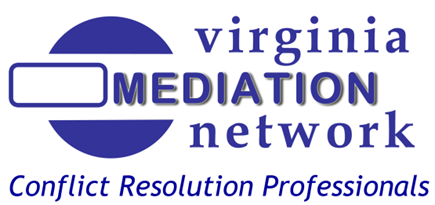Consensus is a process by which individuals reach agreement through discussion, negotiation, and compromise. Unlike unilateral or majority vote decisions, consensus includes the ideas and concerns of all participants in order to reach an agreement acceptable to everyone.
Building consensus is an essential skill for ADR practitioners who work with groups and/or individuals. It can reduce conflict, promote collaboration, and generate creative solutions. As ADR practitioners we deal with individuals who have different perspectives and conflicting opinions, and reaching consensus often seems like an elusive goal. Yet, we can strive to reach consensus by understanding a few key principles.
Any successful decision using consensus requires active participation from everyone. We must seek and consider each individual’s input, regardless of their position, status, or background. When individuals are encouraged to participate, there is a greater tendency to share thoughts, feelings, and valid information.
In conjunction with inclusiveness, consensus requires collaboration and open communication. Everyone must work together to express their opinions, ideas, actively listen to others and seek to find common ground. A collaborative approach encourages allows you to work through differences, that does lead to greater teamwork and mutual respect, which are vital to building consensus.
Because consensus decisions must be acceptable to all, it requires from each participant the ability to compromise, be flexible and share responsibility. We need to adjust our initial preference(s) in order to reach an agreement that benefits the entire group. Also, as we are listening to others, we must adapt to changing information or circumstances that may occur during the discussion.
As individuals/groups strive for consensus, not everyone may agree with the decision being made. In those situations, those individuals have a responsibility to share not only their concerns about what is potentially being agreed to, but also need to share what would help them reach agreement. This allows for continued discussion and negotiation that could result in a resolution that everyone can accept.
Consensus is a powerful decision-making process that emphasizes, inclusion, cooperation, and compromise. Valuing the input of everyone leads to more creative, durable solutions while also increasing group cohesion and individual commitment. When we feel we have been listened to and understood we are more committed to the decision being made. As we work with those who do have different perspectives, building consensus is a valuable tool to navigate these differences and enhance positive interactions.
